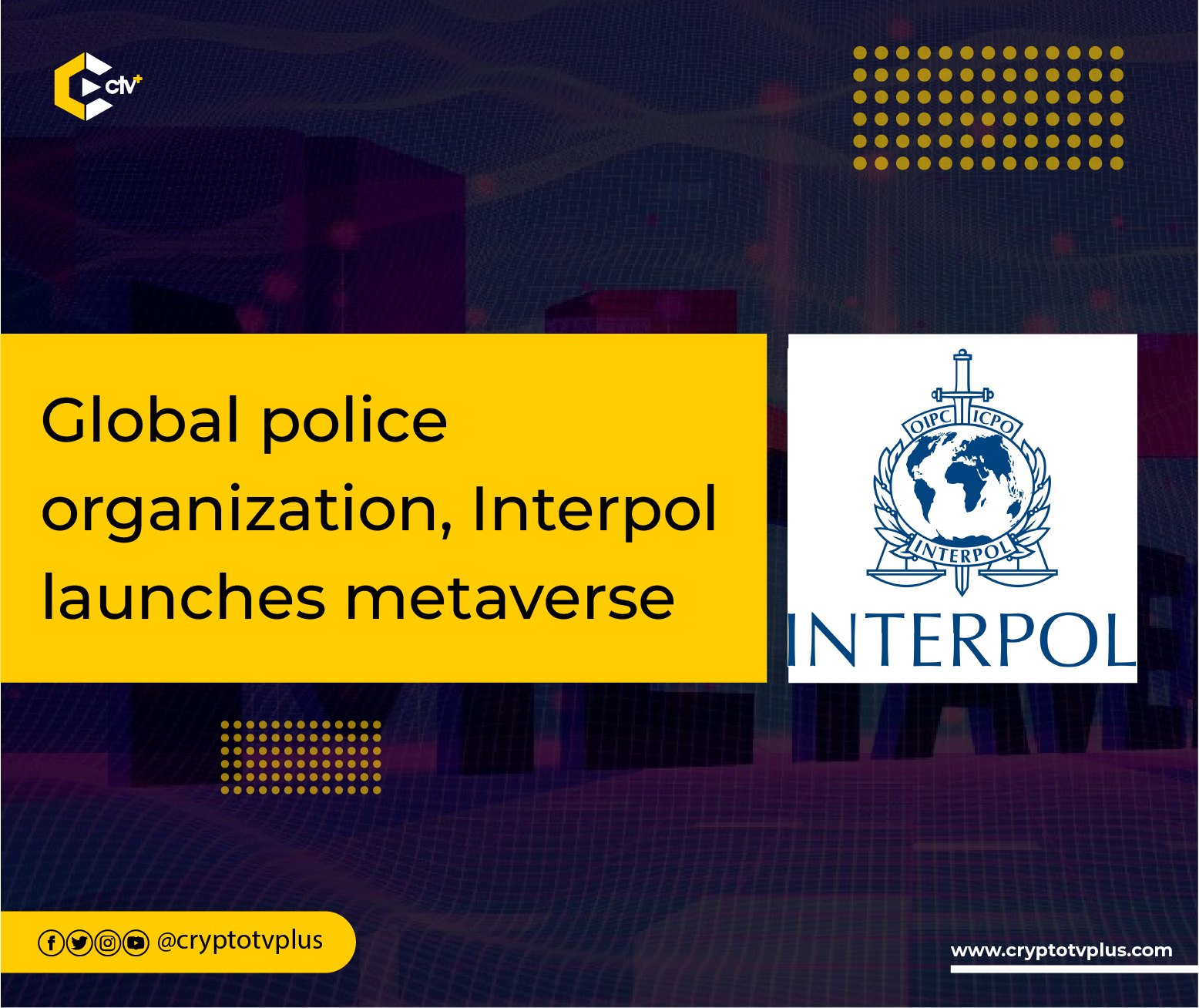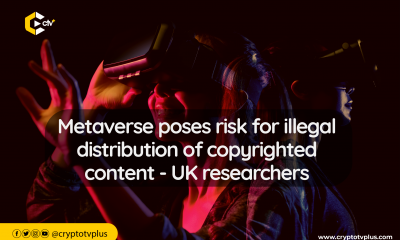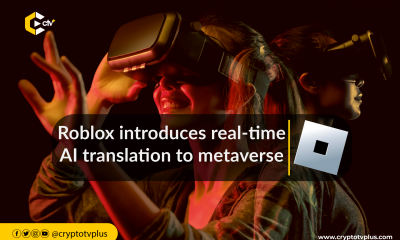FEATURED
Global police organization, Interpol launches metaverse

The global police organization, Interpol at its 90th General Assembly in New Delhi announced the launch of its metaverse designed for law enforcement across the globe.
Registered users on the Interpol metaverse can visit a virtual facsimile of the Interpol General Secretariat headquarters in Lyon, France. Without any location or physical boundaries, they will interact with other officers using their avatars. Users can also access training courses like forensic investigation and other policing capabilities.
The Interpol metaverse is neutral and is provided via the Interpol Secure Cloud. At the assembly, delegates in New Delhi entered the Lyon building digitally using avatars and VR headsets.
Interpol Secretary General, Jürgen Stock, said that “the Metaverse for many, seems to herald an abstract future, but the issues it raises are those that have always motivated Interpol; supporting our member countries to fight crime and making the world, virtual or not, safer for those who inhabit it.” He added, “we may be entering a new world, but our commitment remains the same.”
According to Gartner, a technology research firm, by 2026, one in four people will spend at least one hour a day in the Metaverse to work, study, shop and socialize. Interpol’s recently published Global Crime Trend shows crime has gone online as digitalization increased.
As the boundaries of the physical world collapse into a digital, borderless world, ‘how can law enforcement continue to protect communities and guarantee the rule of law?’ The panel discussion asked.
Metaverse users are increasing likewise possible crimes, which may potentially include children, data theft, financial fraud, counterfeiting, ransomware, phishing, and sexual assault. Madan Oberoi, Interpol’s Executive Director of Technology and Innovation, responded, “by identifying these risks from the outset; law enforcement can work with stakeholders to shape the necessary governance frameworks and cut off future criminal markets before they are fully formed.”
Experts from the Interpol Capacity Building and Training Directorate, in a live demonstration using Interpol capabilities, delivered a training course on travel document verification and passenger screening in a metaverse classroom. Students were teleported to an airport where they applied their just-acquired skills at a VR border point.
An expert group was created in the Interpol metaverse; this was made known in a follow-up discussion at the event. The expert group will represent the concerns of law enforcement and ensure the metaverse is secure by design.
Mr. Oberoi further said that the Metaverse has the potential to transform every aspect of our daily lives with enormous implications for law enforcement. “But to understand the Metaverse, we need to experience it,” he added. “But for police to understand the Metaverse, we need to experience it.”
Read also;
What do you think of this article? Share your thoughts.






















